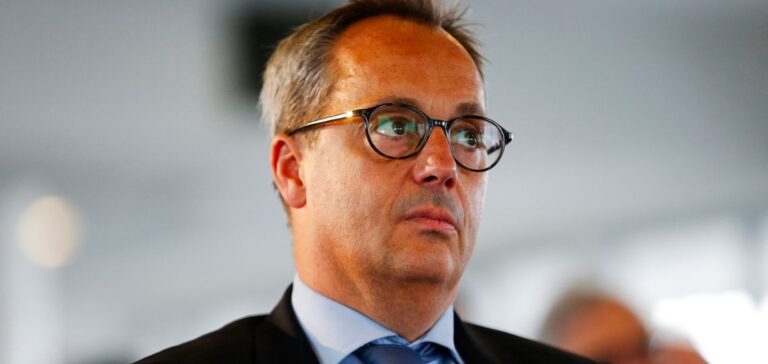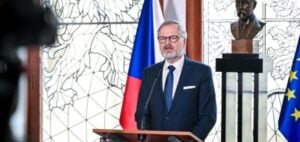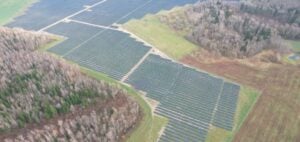Jérôme Pécresse, vice-president of the renewable energy branch of General Electric, will leave his functions, announced Monday the management of the American conglomerate.
“GE confirms the upcoming departure of its senior vice president Jérôme Pécresse, who has decided to devote himself to new projects,” said the management of General Electric France, confirming a report in the weekly Marianne.
Mr. Pécresse, a graduate of the Ecole Polytechnique, was the global head of the renewable energy business, which he managed for “almost ten years. He is the husband of Valérie Pécresse, president of the Les Républicains regional council of Île-de-France and unsuccessful candidate in the last presidential election.
Pécresse “led the process of integrating Alstom’s energy business sold to GE” in 2015, GE recalls. “In particular, he has spearheaded GE’s successful development in offshore wind, which will be a key pillar of GE Vernova,” the U.S. industrialist continued.
“I will leave my operational responsibilities at the end of September when the transition phase begins,” said Jérôme Pécresse in a letter to employees, seen by AFP.
“I am proud of the contributions we have made together to the renewable energy sector almost everywhere in the world,” he wrote, saying he was “convinced that the development of renewable energy around the world will continue to accelerate and that technology will push the limits.”
“The future of the French entities is in the hands of the Americans,” fears Philippe Petitcolin, CFE-CGC delegate (GE gas turbines). Mr. Pécresse could “pass the messages” but “now, France has no more interlocutors”, he added, seeing in the departure of the leader “a bad signal”.
“For us, he’s out,” smiles Alexis Sesmat, Sud Industrie delegate at General Electric’s gas turbine unit. “It was the only and last French interlocutor for Bercy. The last card of the French government has fallen”.
In Article 4 of the November 2014 agreement signed between GE and the French state when Alstom’s energy business was bought out, which AFP was able to consult, the company in fact undertakes “to propose to GE’s board of directors, after informing the state, the election to GE’s board of a chairman and CEO of leading French nationality.”
According to Alexis Sesmat, this announcement is made “in the direct line of the reorganization and the split of the group”.
At the end of 2021, General Electric announced a reorganization of its business, resulting in the splitting of its energy, medical and aerospace businesses into three.
“The center of gravity of the energy part is no longer in France but across the Atlantic,” says the union representative.
In the 2014 agreement, valid for 10 years, GE nevertheless commits to locating global centers in France.





















